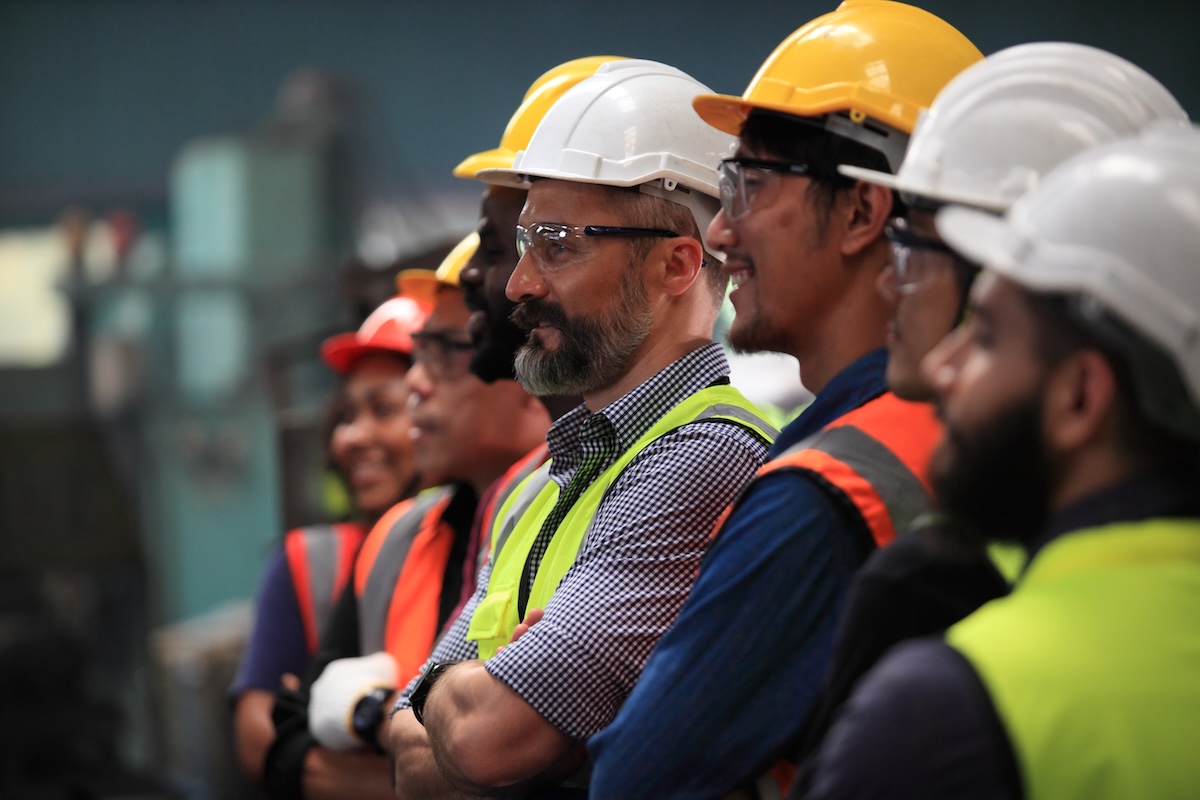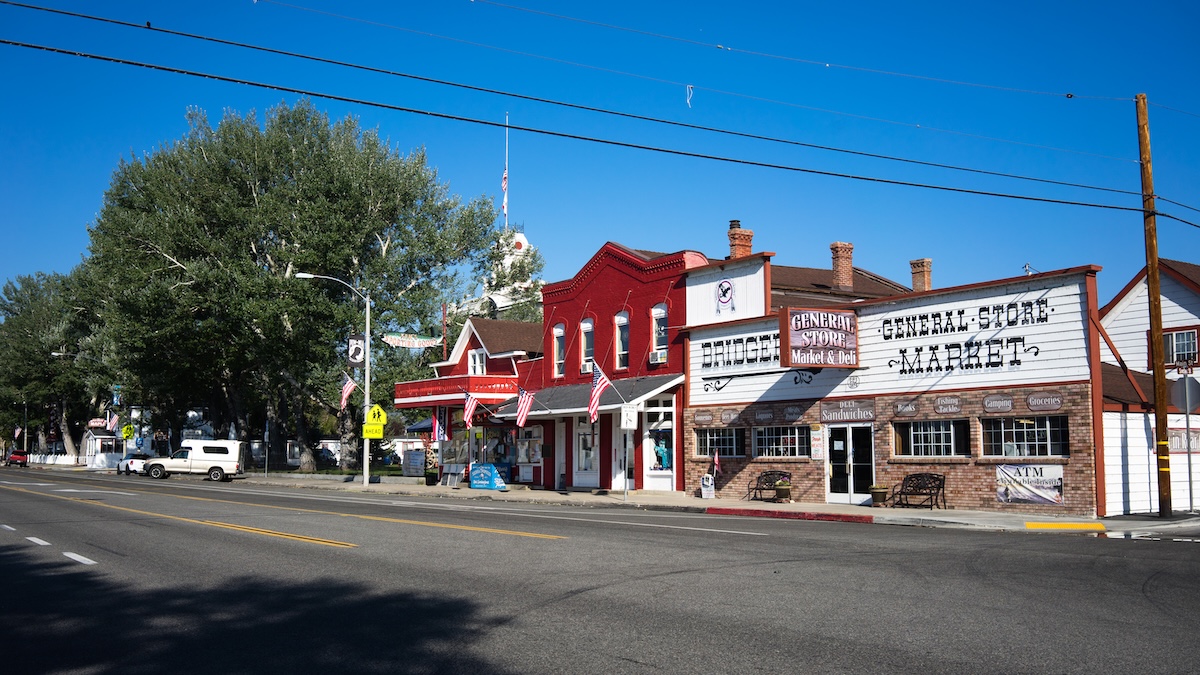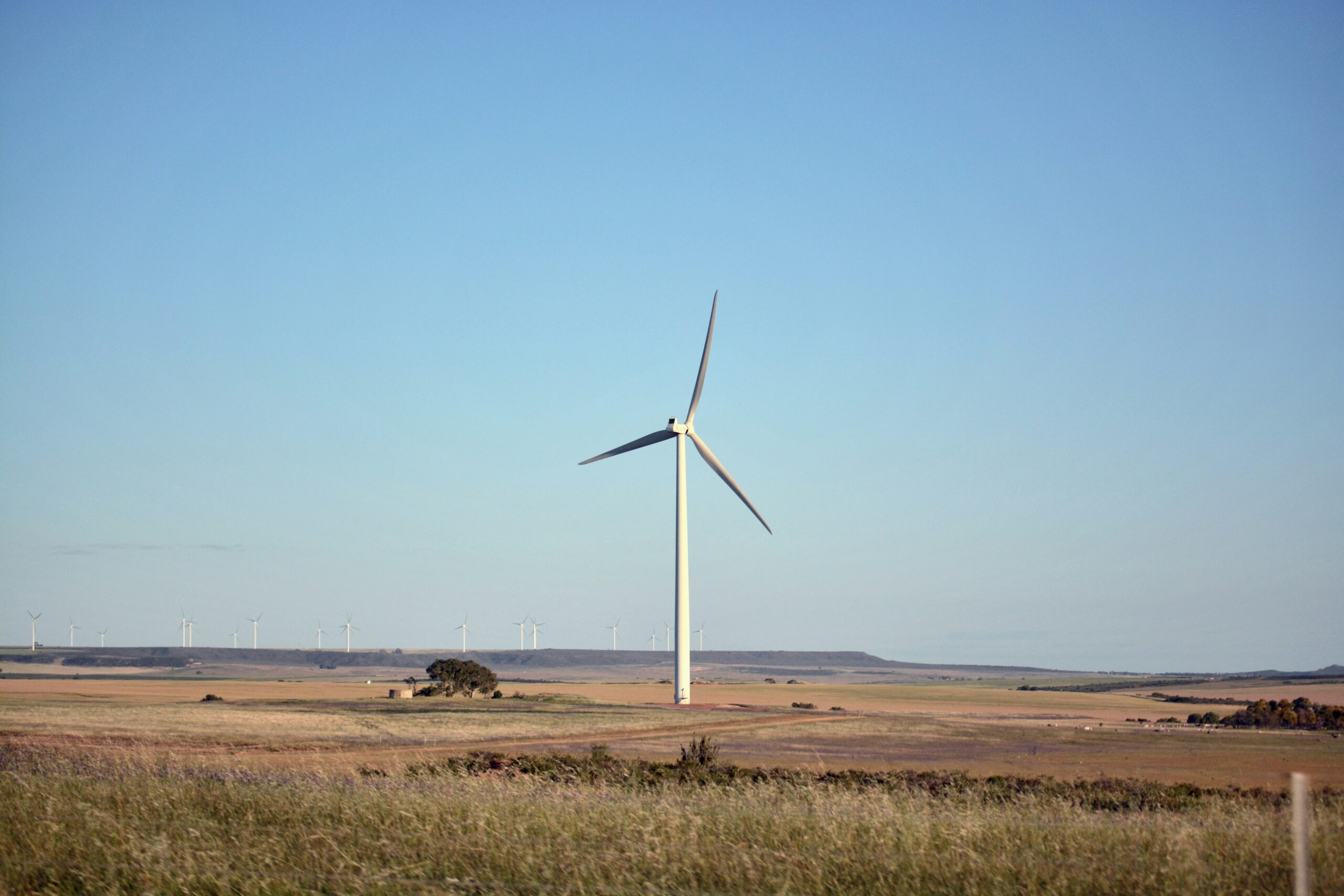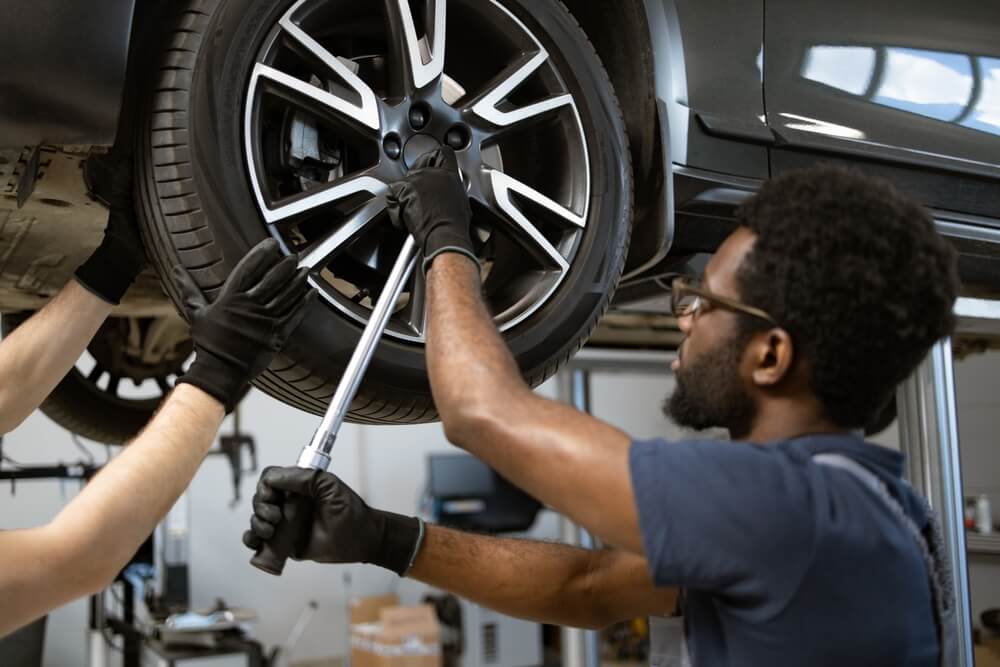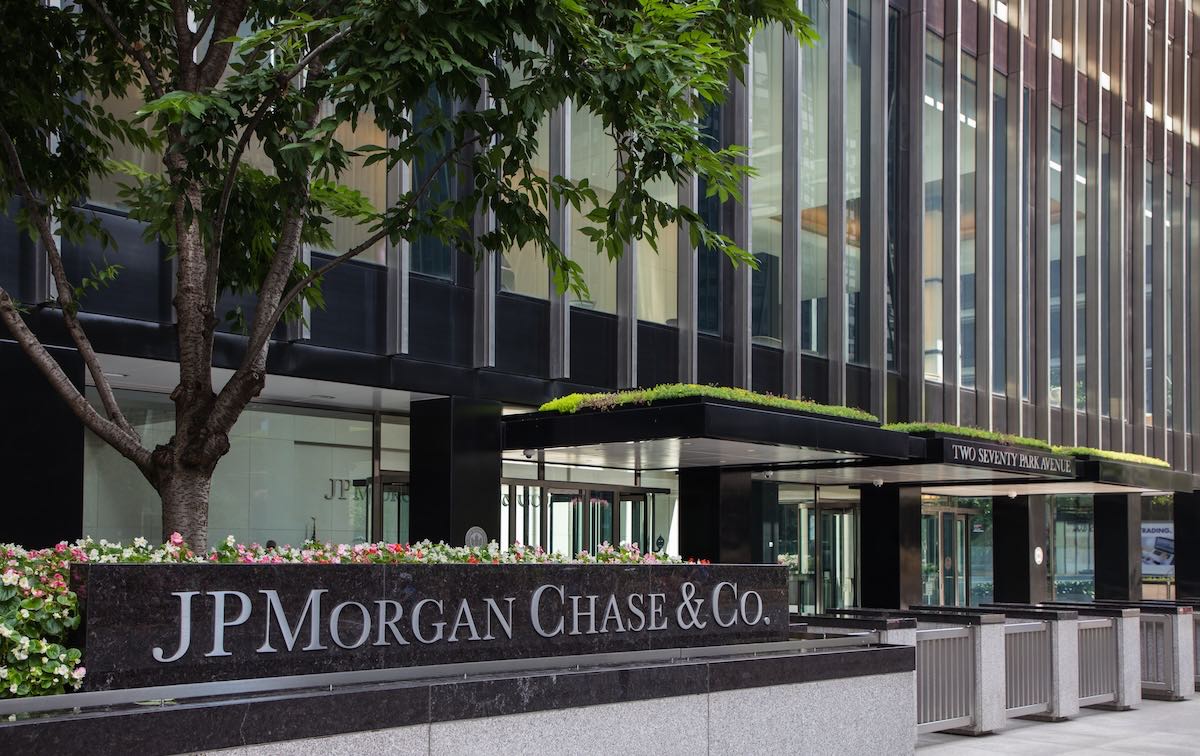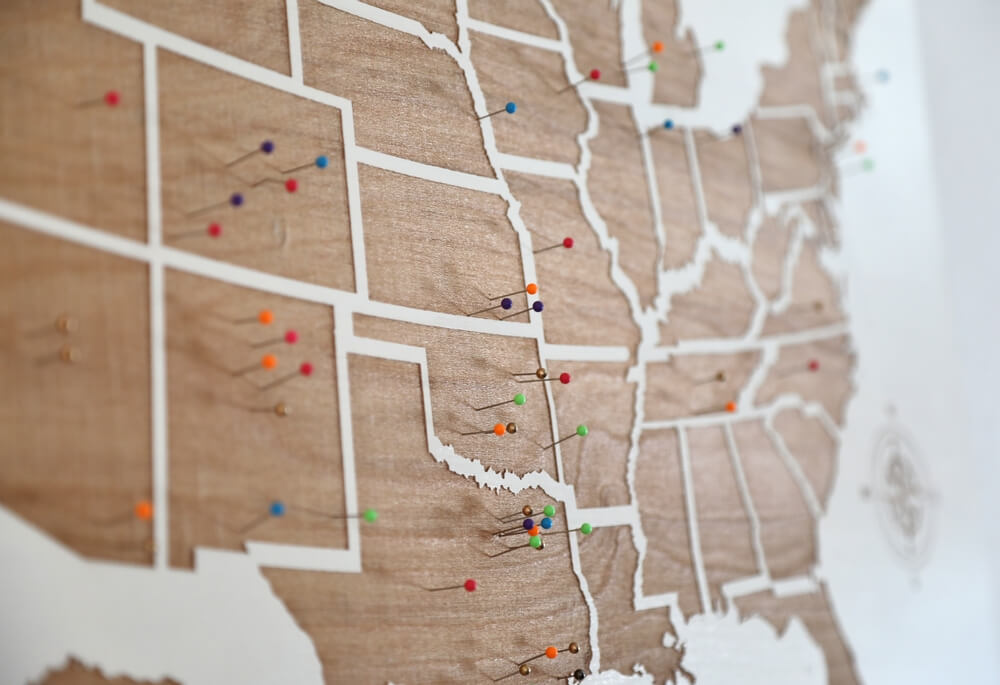A few years ago, the mere notion that private equity firms would share any profits at all with workers at the companies they sold was hailed as a breakthrough.
As employee ownership strategies attract attention as a powerful way to build working-class wealth, the private equity giants are facing a follow-up question: How much are they actually sharing? And with whom?
Led by KKR’s Pete Stavros, private equity firms formed the nonprofit Ownership Works in 2021 to promote shared ownership strategies, pledging to create $20 billion in wealth for workers by 2030 (listen to Stavros’ on ImpactAlpha’s Agents of Impact podcast). The nonprofit association includes 34 private equity firms with a combined total of more than $1 trillion in assets under management; each has committed to sharing a portion of their portfolio companies’ wealth with the workers that create value in the companies they buy and sell.
A new report from the nonprofit association suggests the firms will have to dramatically accelerate their efforts in order to reach that $20 billion goal.
In the half-dozen or so exits from companies with shared ownership plans, Ownership Works’ members report they have so far distributed roughly $570 million to a few thousand workers, according to the organization’s latest report. Of that amount, just $176 million has been allocated to low- and moderate-income earners; only $143 million has gone to families of color.
All told, the organization’s members have so far established shared ownership plans at 113 companies with around 163,000 workers who can expect payouts in the years to come.
“The point of the work that we’re doing is to include workers who have been historically excluded from equity participation, to give them access to this really significant way to acquire savings and wealth,” said Ownership Works’ Anna-Lisa Miller.
Miller told ImpactAlpha the organization is still in its “movement building” phase, with both large and small private equity firms joining Ownership Works and agreeing to share ownership at at least three portfolio companies within three years. As many as 70% of the organization’s founding members have met their three-company commitments, Miller said. Under the terms of membership, worker’s stakes must be granted, not financed, and not come at the expense of wages or benefits.
Ownership Works also provides client advisory services, working with investors and companies to implement shared ownership programs and reap the business benefits of broader participation.
“When companies build an ownership culture where employees feel, think and act like owners, it builds a better corporate culture where employees have a greater voice and greater opportunity to participate in the business,” Miller said. “That’s also what drives better business outcomes as well.”
Wealth creation
Miller said Ownership Works is working to broaden the reach of shared ownership to more workers of color by expanding the approach to new industries and geographies. Broad-based ownership programs track the demographics of the companies themselves, including the income levels of the companies, she said. Because the programs are generally structured to provide workers with payouts at exit representing six to 12 months of salary, higher-salaried workers would receive higher payouts.
Miller said the $570 million in payouts to date represent benefits only to workers outside of senior management. “Our focus is on the wealth that’s created and shared outside of the norm,” she said. “In the typical private equity transaction, only a handful of senior executives would get a payout.”
The payouts include KKR’s $3 billion sale of CHI Overhead Doors in 2022, in which around 800 workers received cash payouts averaging $175,000, a small portion of KKR’s 10x return. In KKR’s $950 million sale of Minnesota Rubber & Plastics, the material science company’s roughly 1,450 employees secured average cash payouts equal to a year’s salary; senior management workers took home two years worth of salary.
KKR’s $75 million sale in September of GeoStabilization International, a Colorado-based construction company that specializes in landslide repair and rockfall mitigation, represented something of a milestone. The buyer, Los Angeles-headquartered Leonard Green & Partners, was also a founding private equity partner of Ownership Works and has committed to implementing shared ownership across its portfolio.
The company’s roughly 900 workers received average cash payouts of $145,000, with senior employees earning $325,000. Under Leonard Green, GeoStabilization’s employees will continue to share in the company’s appreciation. KKR and its investors earned a 5x return on the deal.
The payouts to workers, while meaningful, pale in comparison to the returns reaped by the private equity firms themselves, which arguably are generating even more value with better-motivated workers, higher retention and increased productivity.
In his keynote speech at Rutgers University’s Private Equity and Share Ownership Symposium late last month, Cory Rosen of the National Center for Employee Ownership raised concerns with private equity’s shared ownership strategy, including if it is really intentional in addressing wealth inequalities.
“It’s great that employees are getting this 5% of equity [that] these private equity ownership deals typically give to employees,” Rosen said. “If employee ownership is helping the company perform better, as Pete Stavros would argue, then the investors, their 95% is worth more than their 100% would have been under the traditional deal structure.”
Ellen Frank-Miller of the Workforce & Organizational Research Center, or WORC, a good jobs-focused research social enterprise, agreed that more value could be distributed to employees.
“I haven’t heard private equity firms saying they’re reducing their fees even slightly to share gains with workers, [and] I haven’t heard anyone say investors are willing to reduce returns by, say, half a point in order to reward workers more fairly for creating value,” Frank-Miller told ImpactAlpha.
“Should they? That’s an open question,” she said. “But if you use your ‘outside-voice’ to say your goal is creating wealth for workers and your ‘library-voice’ when mentioning who continues to reap the bulk of the benefits, you shouldn’t be surprised when critiques are made.”
Margot Brandenburg of the Ford Foundation, an early backer of Ownership Works, said, “While there is still more work to do, the numbers show us that in their first three years alone, more than half a billion dollars are going back to workers who would otherwise not have these opportunities.”
“Ownership Works’ trailblazing efforts to increase prosperity through shared ownership help to build new wealth opportunities for workers and address inequality in our communities,” Brandenburg told ImpactAlpha. “Smart firms are choosing to opt into this approach because they understand how it benefits everyone.”
(Disclosure: Ford Foundation is an investor in ImpactAlpha.)
Worker voice
Frank-Miller and others argue that to reap the benefits of shared ownership, companies and their private equity investors have to go beyond financial payouts and create higher-quality jobs as well as opportunities for employees to have a voice in workplace conditions and corporate governance.
In his talk at the Rutgers symposium, Rosen critiqued the lack of worker voice and power with private equity shared ownership programs. Broad-based employee ownership structures like employee ownership trusts, or EOTs, and worker-owned cooperatives, or worker-owned co-ops, can give a higher priority to worker governance, he said (see, “A primer for investors branching into employee ownership”).
“In these private company deals, just having the shares isn’t really important,” he said. “There’s nothing for them to vote on. They don’t own enough for their votes to matter anyways.”
Some private equity firms are warming to more far-reaching approaches. In September, KKR’s Stavros launched the Expanding ESOPs coalition, with backing from Ford Foundation, Project Equity, The Aspen Institute and several dozen other partners, to work with Congress on expanding policies that would help increase the use of ESOPs in employee ownership deals. That could create incentives for private equity firms with portfolios of large companies to use the ESOP structure for sharing equity with workers.
Many private equity investors have kept their distance from more direct ESOP transactions that aim to transition 100% of a business’ ownership to its employees, often due to litigation risks. At the Rutgers gathering, researchers suggested more private equity companies are pursuing ESOP-owned companies through the leveraged buyout market.
“We’ve seen a number of private equity firms coming into 100% ESOP-owned companies, providing growth capital [and] liquidity for ESOP participants, and then operating as a hybrid ESOP and private equity company,” said Aziz El-Tahch of Stout, a New York-based global advisory firm.
Worker voice and power is a key priority for Apis & Heritage Capital Partners, which through its employee-led buyout, or ELBO, structure reserves a board seat for workers as it transitions ownership of a business to its employees. The worker representative on the board gets voted in by the new employee-owners.
“An engaged workplace powered by employee-owners is what leads to lower turnover, more efficient services [and] production, and often better quality output,” Michael Brownrigg, one of the co-founders of the Washington-based impact private equity firm, told ImpactAlpha. “We teach that everyone’s ideas should be heard, even if they cannot always be adopted. That creates a workplace of dignity and mutual respect, which is driven by values and which drives value.”
Through its $58.1 million Legacy Fund that unlocks liquidity for selling owners, Apis & Heritage is looking to transition the ownership of up to 10 businesses to their mostly low-income workers and workers of color over five years. Apis & Heritage late last month stood up its fifth ELBO, converting Maryland construction firm Consolidated Construction Services to 100% employee ownership. Most of the companies’ 65 employees are low-income and workers of color.
“Apis & Heritage came into existence,” Brownrigg said, “because we thought, broadly, that employee ownership could be a way to help folks – who so often have been left behind – to have a slice of ownership and therefore grow wealth.”
Snehal Shah contributed reporting to this story.



